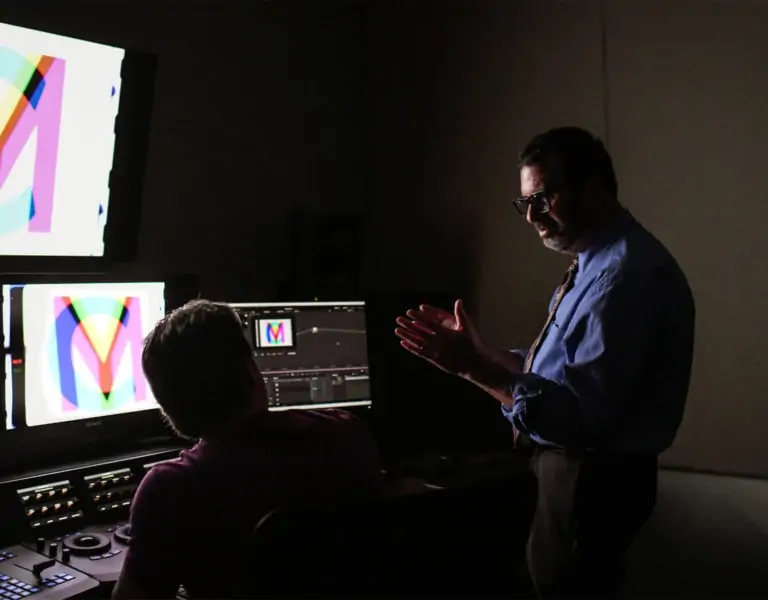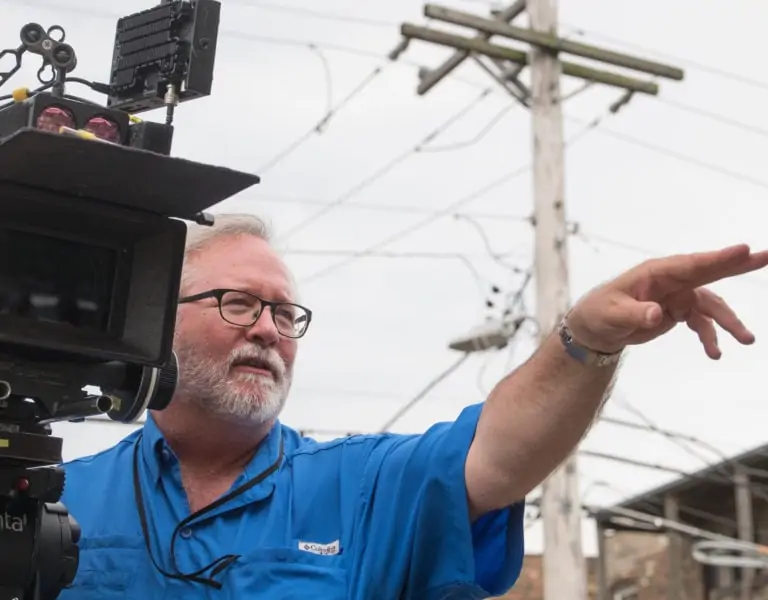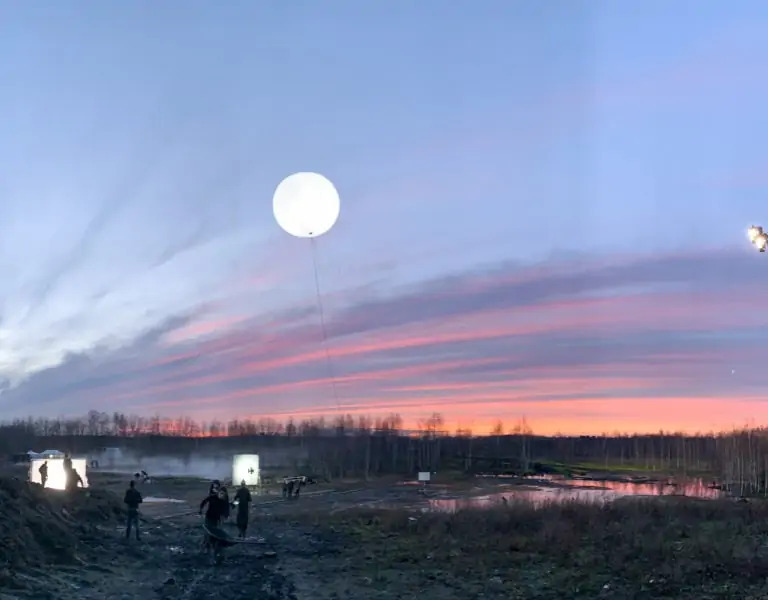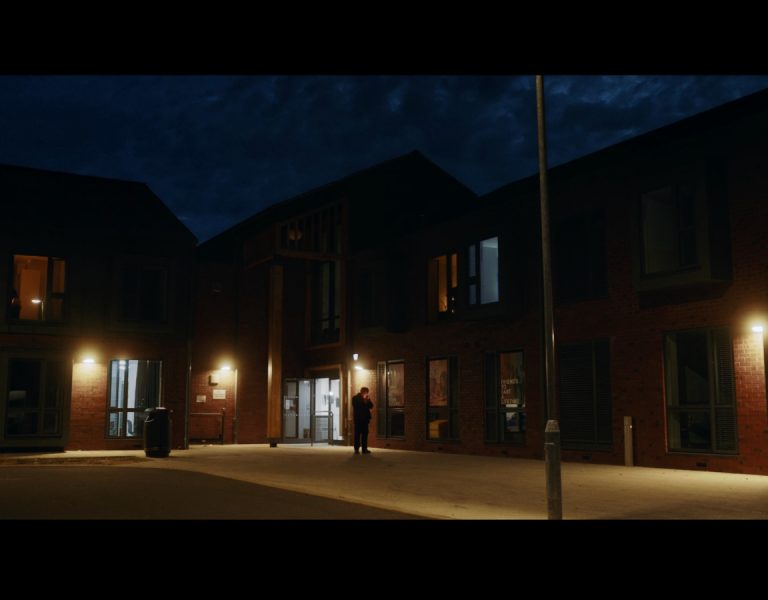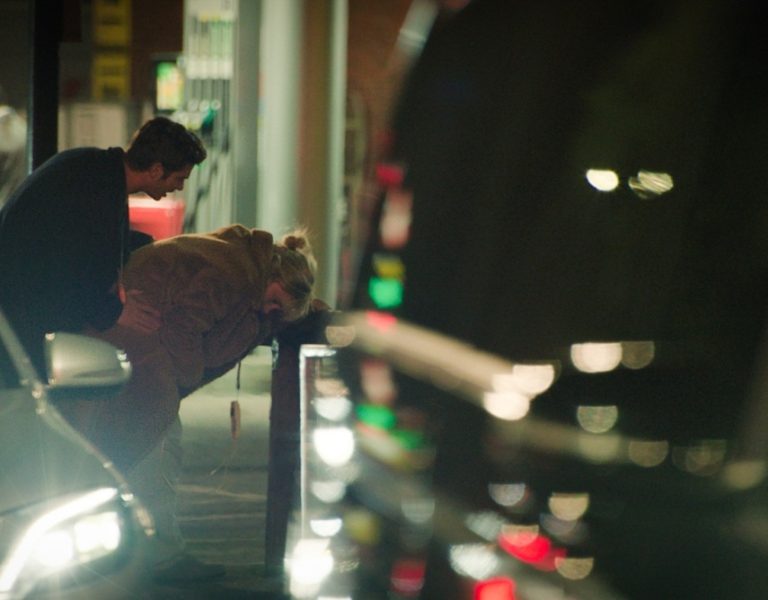Yes, there was a ‘Golden Age.’ There are always ‘Golden Ages.’ And the period we are in now might, in retrospect, be considered a golden age of television.
But this may not be considered a golden age for our crews who work on these many shows that are being produced to supply a voracious world-wide market with media.
This time period did not start with the tragic murder of Sarah Jones who was killed by an unsuspected train on a trestle over a beautifully bucolic river in Georgia in 2014. I say unsuspected by the crew, but not by the producers and director who knew very well that they were lying to the crew and even to the star of the show about having the proper permissions to even be at that location.
And this time period will not end with the tragic murder of cinematographer Halyna Hutchins – a rising star on her breakthrough movie – by a gun held by the star and producer of the movie Rust. He was a producer and a star who has stated publicly, “Someone is responsible… but I know it’s not me.”
The true tragedy here is that Halyna would have never been killed by a live bullet if even only one of the many protocols for handling firearms on set were adhered to. But somehow a live round mysteriously found its way into the chamber of an antique pistol that had already been shown to be unreliable and dangerous.
This tragedy can only amplify the working conditions on many sets around the world where safety protocols can be ignored if they even are known of by many of the productions in far flung locations around the world.
That statement leads me into another difficult subject that I think has been misunderstood by many of us in our industry. That is the newly ratified labour contract recently negotiated by the North American production trade union, IATSE and its affiliated locals involved in producing movies and television shows.
The year prior to the negotiations with the AMPTP (Alliance of Motion Picture and Television Producers), our unions discussed these conditions and the solutions that could be achieved in bargaining which were agreed upon by members of the locals in the alliance. None of what we were bargaining for was secret to the members of our entire bargaining unit (all the craft and below the line units in our international union). And the members of the Producers Association who were supposed to be ‘bargaining in good faith’ ignored our demands and did no good faith bargaining for five months which forced our International President, Matt Loeb, to authorise a strike vote to show the producers we were dead serious. The results of that vote were astonishing; 92% of the members voted and 99% of those members voted to authorise a strike. We had never had that kind of response to a vote taken by our union.
The result of this message sent to the producers was that we had a settlement of our contract within the next two days. And after five months of stonewalling, the producers folded and offered us almost everything we had demanded in the first place, some of which we had been demanding since 1996.
The next steps were to inform the entire membership of the result of the negotiations which was accomplished through large-scale online meetings where our President, John Lindley, and our Executive Director, Rebecca Rhine, explained thoroughly the procedure, the process, and the results of the contract in great detail. And they answered hours of questioning on top of that explanation.
We started hearing protests from members that we should vote no on the ratification and go back to negotiate for “more.” All our members had the ability to know what we had agreed to negotiate for well before the negotiations. And we had to agree with all the other locals in the bargaining unit what we were going to demand as results. Many of those locals had their own separate ideas of what the conditions should be. But in the end, we came together. In all my years of being President of Local 600, I have never seen the kind of solidarity within our local and between all the other members of our bargaining unit.
Social media went crazy with unhappy members who thought we should blow up the agreement and tell the producers we want more. I’m sure almost all these members had never experienced a strike. I have participated in two and they weren’t pretty. In fact, none of the people on both sides benefited from the results of a work stoppage. Nevertheless, they were angry and wanted more. When that happens, you start from zero and begin negotiations all over again.
Could anybody predict what might have happened? I don’t think so. The corporations are not going to give us more out of the goodness of their hearts. So, I don’t know if we could have achieved more. I could predict not. But nobody knows. I just don’t think it was worth the chance since we would have to ask for conditions that were never in any of our original proposals. That’s not a good platform to fight from.
What now? We have three years before the next round of negotiations begin. I know the International Cinematographers Guild want to start planning for that process right away so that we can demand some of the things that the members wanted us to go back to get. I think the good part of all of this is that many of the members who protested the results now know that to get want they wanted they will have to participate in the process this time, early enough to make a difference. We must stay strong, united, and committed to make the next round as successful as it was this time. Some of the fervour we felt will give us the strength to succeed if we all work together.
And when we do all work together, no matter where our sisters, our brothers, and others live and work, we will all benefit. I will allow myself one cliché, “A rising tide lifts all boats.”
To download the free ICG App (which includes safety bulletins, information and harassment and discrimination), please visit Apple Store or Google Play and search ‘ICG Safety App’.
